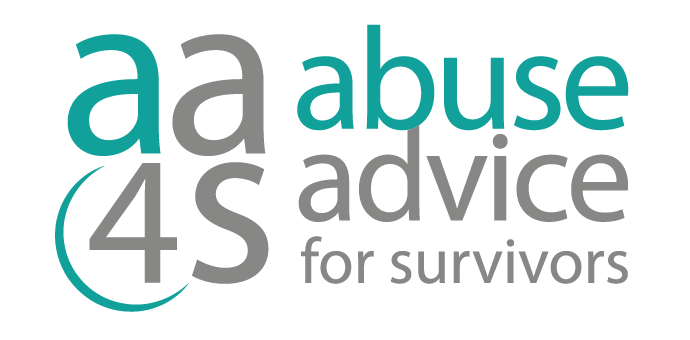
When I saw the Government Press Release, saying that the law of Limitation, which is the legal word for time delay, would change, it was a relief after many years of campaigning for more justice for survivors of abuse. The Law in Scotland has already changed, and is retrospective
What is the proposal?
In response to the Independent Inquiry into Child Sexual Abuse (IICSA) recommendations, the Ministry of Justice has enacted significant reforms to the Law of Limitation in England and Wales. Previously, survivors of child sexual abuse were required to file civil compensation claims within three years of their 18th birthday. This timeframe often posed challenges, as many survivors need decades to process their trauma and come forward.
Under the new legislation, this three-year limitation period will be abolished. Now, cases will proceed unless the defendant can demonstrate that a fair trial is not possible, for instance, due to insufficient evidence. This shift aims to make it easier and less traumatic for survivors to seek justice.
Additionally, the government is facilitating the process for institutions to issue apologies to victims. Organizations often hesitated to apologize, fearing it would be seen as an admission of liability. The new measures clarify that apologies can and should be offered by employers for the actions of current or former employees, addressing a significant barrier to victims’ recovery.
These reforms are part of a broader commitment to implement the IICSA’s recommendations, aiming to provide survivors with greater access to justice and support.
The government has also announced that it will introduce another recommendation of the Inquiry, namely Mandatory Reporting. This I explain elsewhere on the site, but it is the law which makes it mandatory to report child abuse, either known or suspected, by anyone in the child care arena, and a criminal offence in default.
Is the new law acceptable?
The devil, as always, however, is in the detail. If one reads the government response and the way in which the law in outline, there are the following issues to be ironed out:-
- It is proposed that the new law will only apply to child sexual abuse rather than all types, namely including physical and emotional abuse. This serves to discriminate against, in extremis, cases of child torture. In Scotland all three types of abuse are included, and so should they be in England.
- The proposal is to transfer the burden of proof from Claimant to Defendant to show that it is not possible to have a fair trial due to the delay in making a claim. The existing law puts the burden on the Claimant. What we do not want to do is replace one bad law with another. Not only should the burden be on the Defendant, but also the hurdle should be high enough so as to avoid deserving cases from failing. Existing common law makes it an acceptable indulgence to allow a case out of time. The new law should make the application to strike out a claim exceptional and difficult for Defendants



